Foreign companies, including Japanese and American companies that control much of the office equipment market in China, have strongly opposed the draft law, even threatening to withdraw from the world's second-largest economy altogether if the regulation is passed.
China has also faced opposition at discussions within the World Trade Organization and bilateral meetings.
Some observers say Beijing may have to make concessions to foreign office equipment manufacturers as it seeks to boost its sluggish economy.
In April 2022, authorities in China conducted research to amend and supplement national standards, which define product technology and component procurement processes for each industry.
The initial draft of the common standard includes a new requirement that key components, such as semiconductors and laser-related items, be designed, developed and manufactured in China.
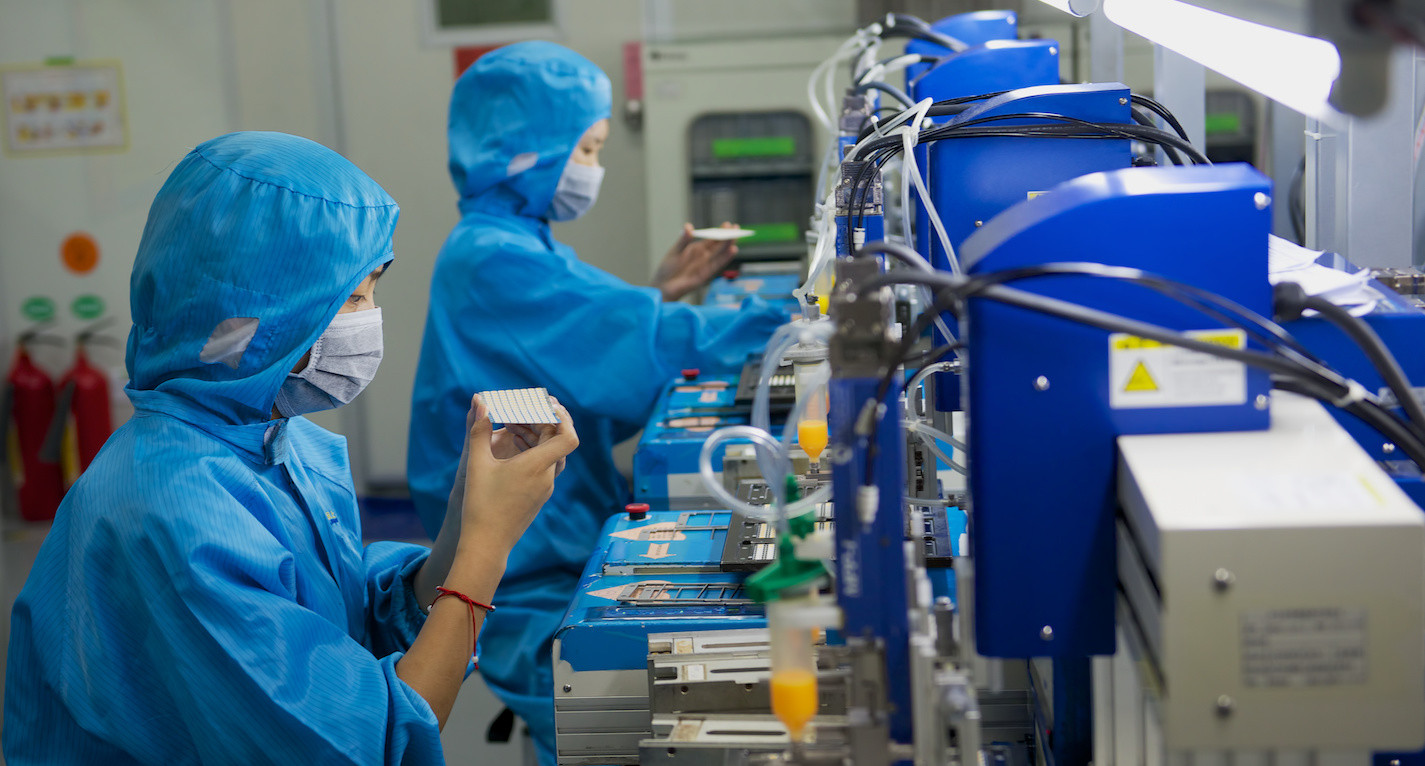
Sources told Nikkei that the working group of the China National Information Security Standardization Technical Committee (TC260) deleted the proposed content before releasing the draft for public comment.
China's multifunction printer market is estimated at about 700,000 units per year, 40% larger than the Japanese market.
Foreign manufacturers control most of the Chinese market thanks to sophisticated optical technology, including Konica Minolta, Toshiba of Japan, and HP of the US.
Foreign-invested enterprises often assemble their products locally to meet customer needs and cut costs.
However, in many cases, the development and design of core components is handled outside China, such as in Japan, amid growing concerns about a technological “brain drain”.
Therefore, Japanese and American businesses strongly oppose the draft rules, as they are forced to transfer core technologies - which make products competitive in the market.
The need to revive the economy
China’s economy has recovered since the “Zero-Covid” policy was lifted in January 2023, but growth has begun to slow as the real estate sector has been in decline since the beginning of the year. Therefore, foreign investment is considered an essential tool for economic recovery.
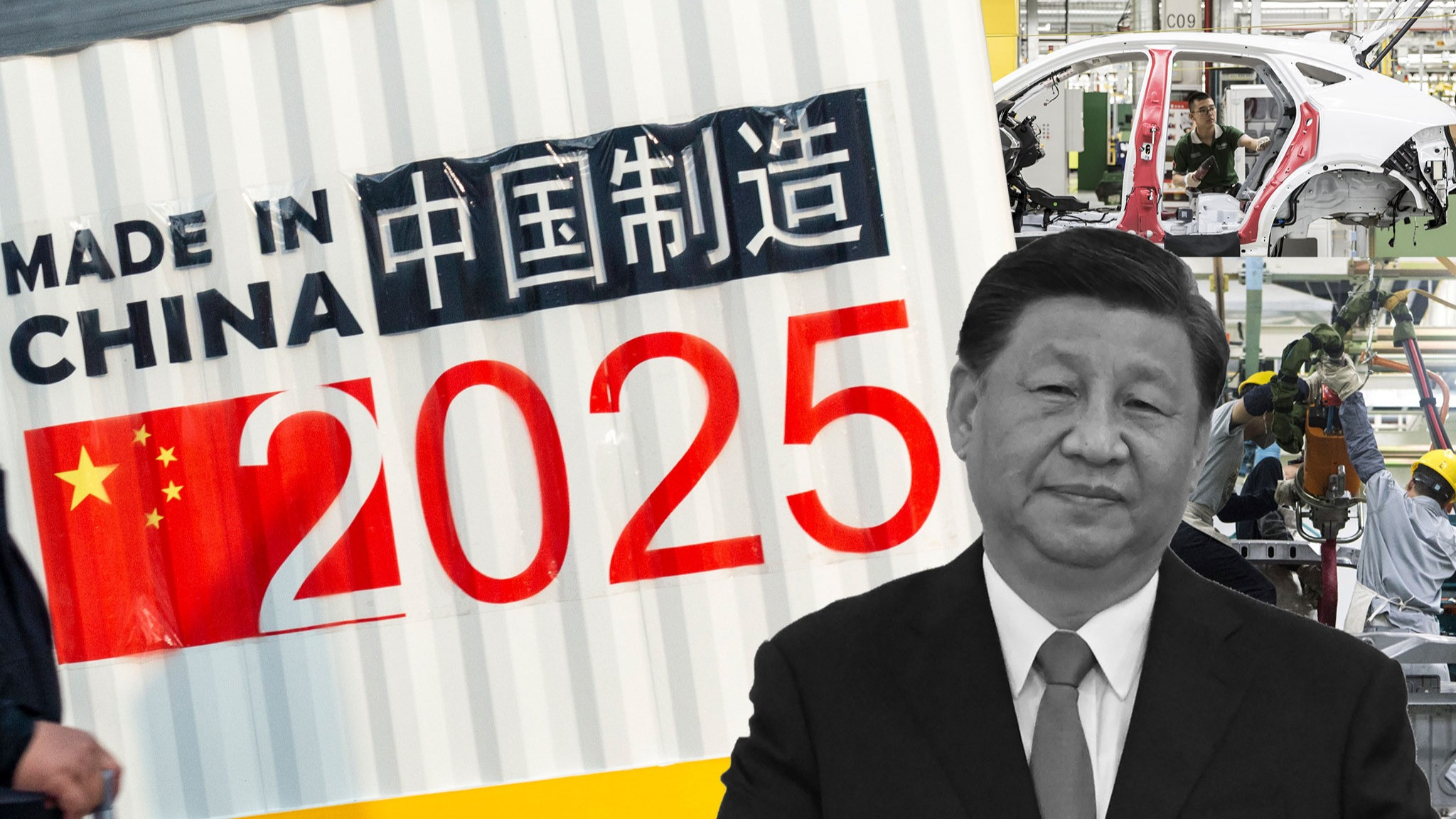
“At this point, the items we were most concerned about have been removed from the draft,” said a foreign company executive. “However, the company will still monitor closely to ensure that they do not make it into the final draft.”
While China’s stance could be seen as a sign of compromise, it is expected to continue pushing to cut back on purchases of office equipment from foreign companies. Beijing has so far created a list of recommended alternatives to companies and products.
In 2015, Chinese leader Xi Jinping announced the "Made in China 2025" industrial modernization initiative to promote high-tech industries.
In 2018, the country also began formulating "China Standards 2035," a long-term strategy for technology standards.
China is expected to soon release the draft law to the public for comments, before it takes effect in the first half of 2024.
(According to Nikkei Asia)
Source








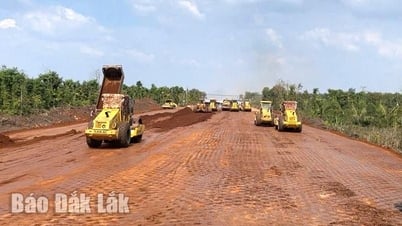

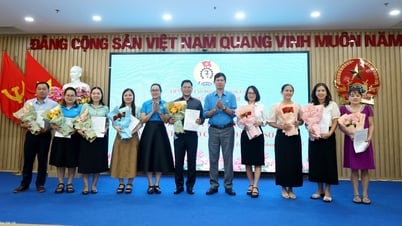
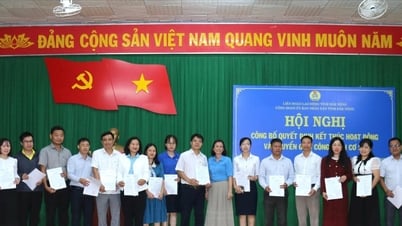



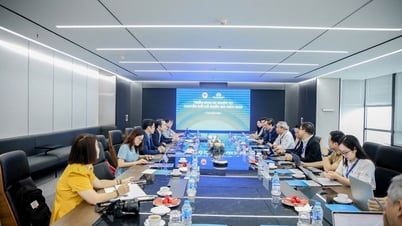

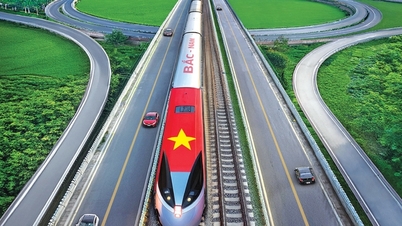

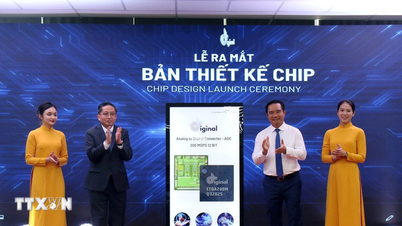

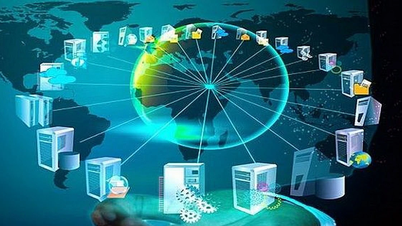




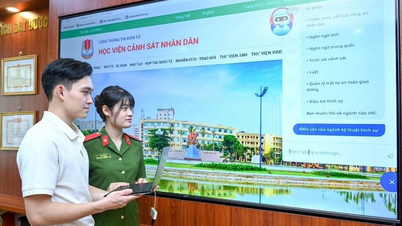































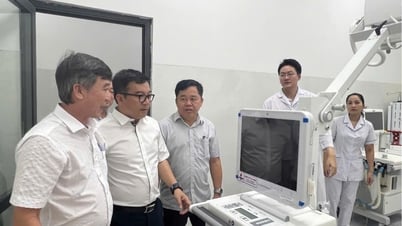
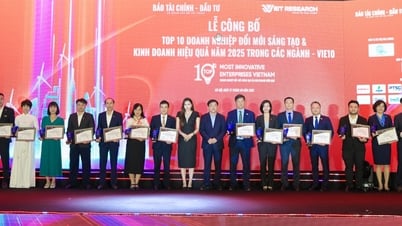
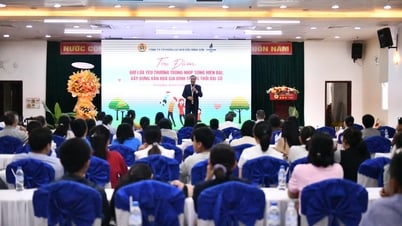

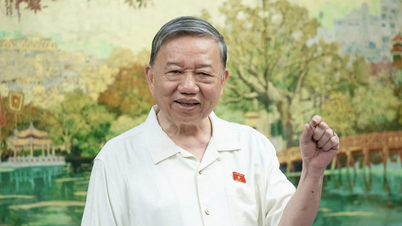









![[Infographic] Circular guiding the functions, tasks and powers of the provincial Department of Culture, Sports and Tourism and the commune-level Department of Culture and Social Affairs](https://vphoto.vietnam.vn/thumb/402x226/vietnam/resource/IMAGE/2025/6/29/877f24989bb946358f33a80e4a4f4ef5)

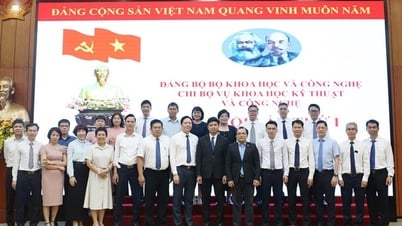
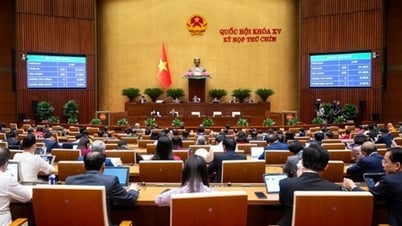
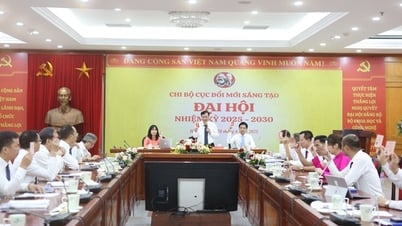
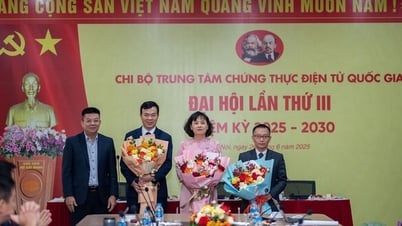


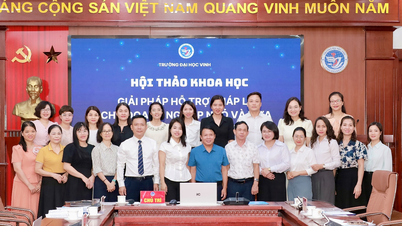

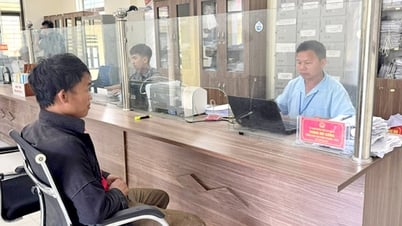


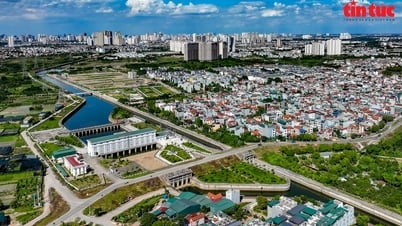
















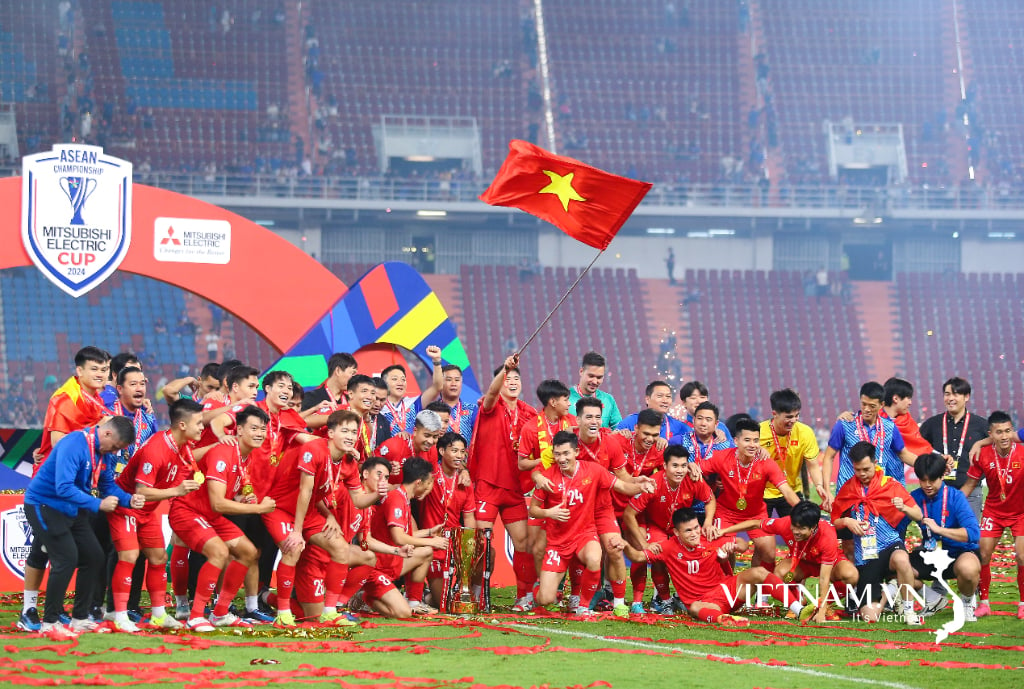

Comment (0)